Introduction to Master of Supply Chain Management
With the adjustment of economic structure, industrial upgrading, and global development, the competition between two enterprises has converted into the competition between the two supply chains. Numerous evidences demonstrate that supply chain management (SCM) can reduce the enterprise cost, increase the productivity, and lead to its faster development. On 13 October 2017, the office of State Council in China proposed the guidelines to promote the innovation and application of supply chain, and one of them suggested that universities should quickly provide professional training in the field of supply chain. In order to meet the needs of moderate economic diversification in Macao, following the globalization trend of economic development, the School of Business (MSB) in 2020 provided a new Master's degree program, Master of Supply Chain Management (MSCM).
The two-year full-time program is to train students with advanced supply chain theories, professional tools, and analytic methods, to cultivate their skills of comprehensively applying economic tools to the analysis of real-world supply chain business, as well as to help students develop their full potentials. This rigorously formulated program aims at preparing students to be competent supply chain analysts with global visions.
The program is a balanced package of 33 credits totally, including compulsory subjects (24 credits) and elective subjects (9 credits), as well as an independently accomplished thesis.
This program is intended for bachelor graduates with backgrounds in administration and management. Meanwhile, we encourage applicants with multiple disciplines in STEM (Science, Technology, Engineering and Mathematics) majors.
Course features:
The program emphasizes the combination of supply chain theory and analytic methods. Guiding students to develop the basis of advanced supply chain theories, we put great efforts to train students to use supply chain theory, optimization methods and big-data based technology to analyze business problems in the field of supply chain management.
Plenty of course flexibilities help to facilitate students individualized learning. Instructors have rich expertise not only in diversified areas of supply chain, but also in the fields of business analytics and finance. Therefore, on the basis of their individual learning interests and preferences, students can take elective courses of supply chain or business analytics, as well as management or finance fields.
Famous scholars and industrial experts are regularly invited to give lectures on campus. Sponsoring supply chain forums and symposiums, the program provides the latest information and forefront supply chain theory and the dynamic trends of new business practice.
To enhance the teaching, research and student learning outcome, the program has established two training labs titled with “3D Supply Chain Training Lab” and “ERP in Supply Chain Training Lab”, which are dedicated to teaching supply chain and related applied research activities.
Learning Goals and Learning Objectives
LG1. Students demonstrate solid knowledge and skills in in business and economy management.
LG1.1 Students have mastering of intermediate-level knowledge and skills in general business and economics study.
LG1.2 Students demonstrate solid knowledge and skills in prescribed and self-chosen specialized areas of business and economics study.
LG2. Demonstrate intermediate critical thinking and analytical skills in solving business-and-economy problems.
LG2.1 Students are able to identify and define problems and opportunities in specialized areas of business and economics.
LG2.2 Students demonstrate intermediate analytical skills by collecting business data and information and applying appropriate quantitative techniques.
LG2.3 Students are able to interpret the result of data and information analysis and make recommendations relating to the business strategy and economy policies in specialized areas.
LG3. Students demonstrate strong oral and written communication skills.
LG3.1 Students are able to communicate clearly and effectively orally in a logical, coherent, organized manner and in a suitable register.
LG3.2 Students are able to communicate clearly and effectively in writing in a logical, coherent, organized manner and in a suitable register.
LG3.3 Students can select and apply appropriate multimedia and visual aids to promote their presentations effectively.
LG4. Have a strong ethical perspective and solid understanding about how to behave ethically in business and economy environment.
LG4.1 Students demonstrate solid knowledge of ethical conduct and legal setting in business and economy environment.
LG4.2 Students are able to recognize ethical dilemmas in business operation and economy environment, and to apply an ethical model to propose and defend a resolution in specialized fields.
LG4.3 Students demonstrate solid knowledge of corporate social responsibilities and capability of applying models of sustainable development to propose and defend a resolution.
LG5. Demonstrate global and multicultural perspectives.
LG5.1 Students understand, appreciate, respect and/or work well with other cultures and international diversity.
LG5.2 Students demonstrate good understanding of globalization of business and economy, being able to integrate the implication of globalization into decision-makings in their major areas.







